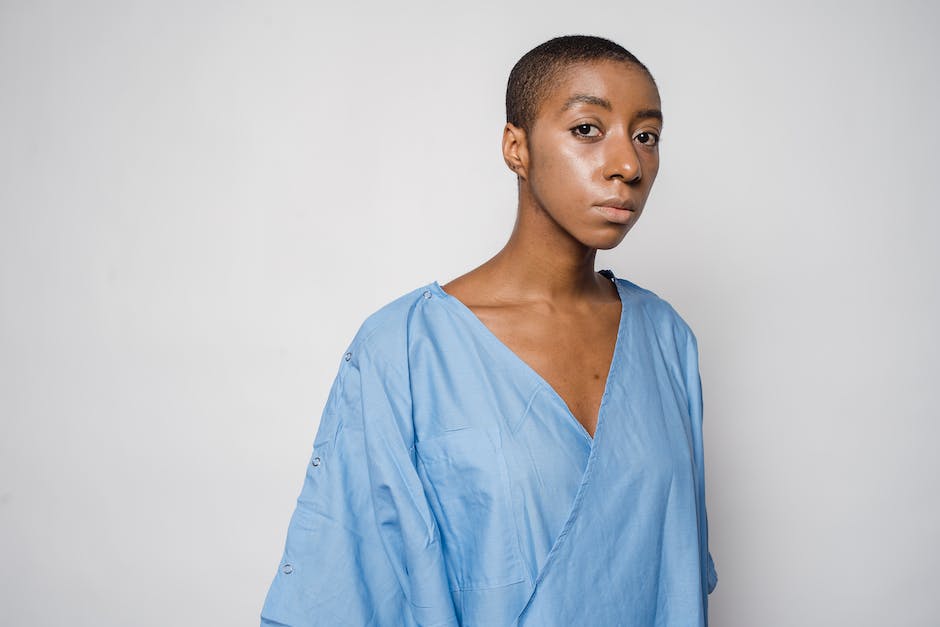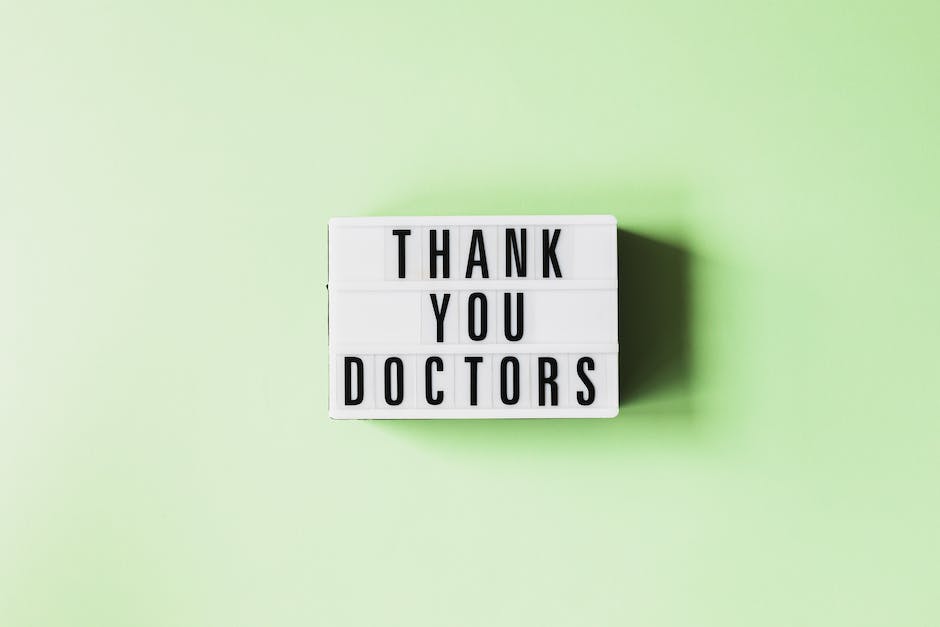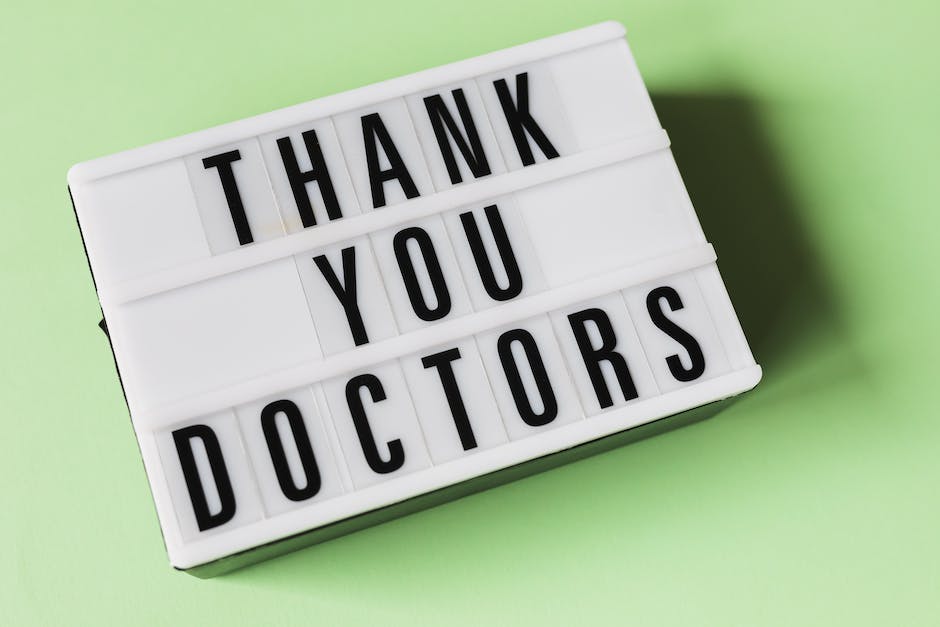If you recognize some of these symptoms in yourself, it is important to seek help. While most eating disorders can be treated, early intervention is key in helping your body recover.
There are many ways to get help for your eating disorder. Most clinics have trained professionals that work with disordered eaters. These professionals include dieticians, psychologists, psychiatrists, and therapists who specialize in other areas such as anxiety or depression.
Treating your eating disorder will take time. It takes about six months on average before patients see significant changes in their food habits and overall wellness.
While there is no easy way to resolve this disease, seeking treatment can make a big difference. Luckily, your health care provider will likely refer you to another professional who can help.
These additional counselors and doctors will need to evaluate you separately from your current doctor so that they may properly address your underlying mental health conditions like anxiety or depression.
Do not wait for symptoms to get worse

If you notice yourself feeling hungry more frequently, experiencing strong emotions that are linked with eating (for example, fear of not being able to eat or worry about how much you’ve eaten), thinking about food too often, wishing you were thinner, or seeking out opportunities to watch your diet or measure your weight, talk to someone.
It may help you find it easier to recognize what is and isn’t a sign that something might be wrong.
You can call your local helpline, ask at work whether there is any kind of counseling service available, or check with your doctor or therapist. Some health professionals have trained in helping people with eating disorders so they know what to look for.
In addition to giving you some strategies for managing your own behaviors, they may be able to refer you to other services or therapists who can treat your condition.
Seek help from your doctor

Even if you think you’re not eating enough, or too much, talk to your doctor about it. They can refer you to a nutritionist or dietician who will work with you to get healthier food habits.
Your doctor may also be able to tell if you have an eating disorder by looking at certain symptoms. These include:
Tightening of the skin around the eyes
Sudden weight loss that’s more than just natural thinning due to age
Giving up other activities to eat less often
Becoming preoccupied with food and your body shape
Having trouble concentrating in school or work because of stress related to poor eating and weight gain
In addition to helping you feel better, nutritional counseling can give you tools to keep yourself healthy long term. Nutritionists are trained in how to create healthful diets for people.
They can teach you what foods are needed for good health and which ones should be limited or avoided. Nutritional counseling is a cost-effective way to stay healthy.
Seek help from a mental health professional

If you think that someone may have an eating disorder, or know of someone who does, then it is important to seek treatment.
There are many types of professionals who can help people with eating disorders. They all work in different ways but have one thing in common: they care about helping you get better.
A therapist will talk to you for an hour every other week. This person will ask you how your day was and what happened this past week. Then, he or she will discuss any issues that you’re struggling with — whether related to your job, family, relationships, or food.
You don’t need to tell your therapist everything (that’s why there’s a psychologist-patient relationship!), but talking to a trained professional can be helpful in managing your symptoms and recovering.
Services such as counseling give you control over your money so that you do not have to worry about paying expensive fees. Some clinics even offer free services!
It is very important to feel comfortable around your doctor, so try to find one that you connect with. Ask questions and look for signs of improvement.
Seek help from a therapist
An eating disorder is a serious mental health condition that can affect your daily life and relationships, not just for you, but for those around you as well.
It’s important to remember that this problem isn’t going away by yourself – it takes a lot of work and patience to get through it.
But there are things you can do to help mitigate or even eliminate symptoms while looking for appropriate professional help.
In fact, most experts agree that cognitive-behavioral therapy (CBT) is one of the best approaches to take when working towards recovery.
This type of treatment looks at both what factors may be contributing to disordered eating and how dysfunctional thinking patterns contribute to compounding the situation.
While some people with eating disorders learn about nutrition and food management in the process of getting better, that isn’t always the case.
What many patients find instead is that learning more effective ways to cope with stressors helps them feel less anxious or overwhelmed. This then allows them to deal effectively with their own internal struggles and emotions.
There are a number of online resources and tools designed to facilitate such healing. Here are some helpful tips for improving your emotional wellness via CBT.
Disclaimer: The content in this article should not be used as medical advice nor does it constitute a diagnosis or prescription for any medication or treatment. They are simply strategies and exercises to help improve your mood, and/or treat existing conditions.
Seek a partner in treatment

Finding the right help for your eating disorder will depend heavily on who you choose to work with. While it is important to prioritize individual therapy, there are other professionals like psychiatrists, nutritionists, dieticians, and therapists that can be just as effective or even more so depending on what type of eating disorder you have.
It is very common to feel discouraged after trying many different types of treatments without success. It may seem impossible to find someone willing to collaborate and work together with you.
That’s why it is essential to check out your local health facilities and see which ones offer supportive services. Some hospitals and clinics only offer individual counseling, but they might also have groups that meet with both individuals and couples.
These groups could include weight loss groups, self-help groups for people with similar disorders, or nutritional support groups. By attending these outside events, it provides a way to connect with others who understand how difficult recovery can be.
Create a treatment plan that works for you

There is no one way to treat your eating disorder, nor are there any clear guidelines as to how long it should be treated for. This can make it difficult to ask for help and get help.
In order to feel comfortable seeking help, you must believe that someone will understand your situation and work with you to find solutions.
It may take some time to find this kind of support, but don’t give up! Getting professional help is a valuable part of recovery.
Your family and friends can play an important role in helping you stay engaged in treatments and staying motivated while you’re trying to recover.
Since every person’s body is different, what helpsone person might not work for another. What works for you at this stage of your recovery could be different next month or six months down the line.
That’s why it’s so hard to have consistent success with most types of interventions.
Eat to your health!

Even though you may feel hungry all of the time, eating too much can be harmful to your overall health. By trying to avoid food for long periods, your body is not given the opportunity to get enough nutrients it needs to function properly.
You also run the risk of developing nutritional deficiencies such as vitamin D or iron deficiency. This could have serious consequences for your physical and mental state.
Fortunately, there are ways to help you overcome your eating disorder. Here are some tips that may work for you.
Do not try to lose weight

A lot of people focus too much energy trying to convince you that your eating habits are unhealthy, which can sometimes make it even harder for you to recognize what is and is not okay with food.
Most people believe that you should aim to eat as many foods as possible or at least as few as possible to feel happy. This isn’t the case when you have an eating disorder.
Your goal shouldn’t be to enjoy your meals more but to learn how to tolerate food better. Once you get past the initial struggle, you will find yourself enjoying certain foods more than before.
You may also discover that some foods don’t agree with you and that is totally normal. When this happens, try talking to yourself rather than calling out parts of your body for being fat.
This article will talk about some ways to help you understand your eating patterns and get help if needed.


